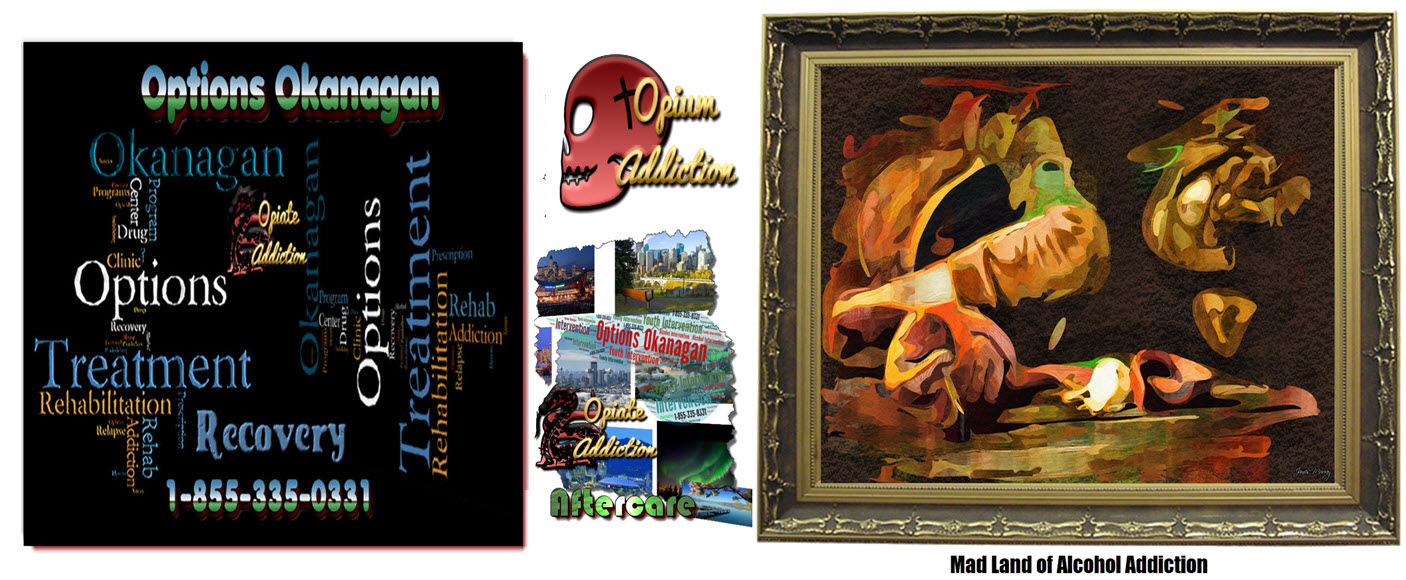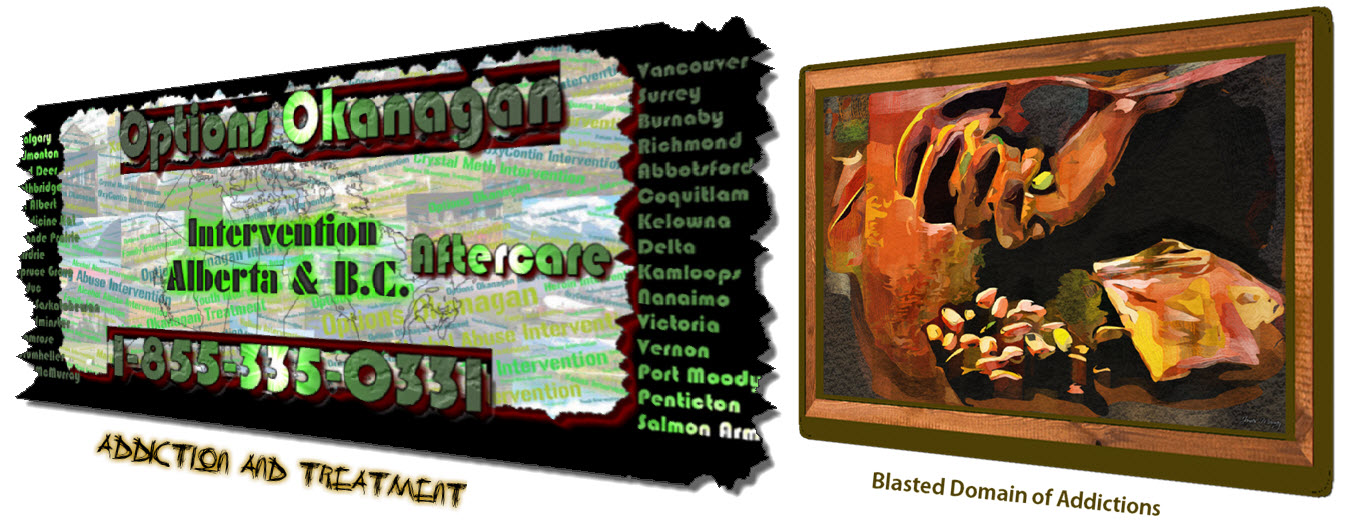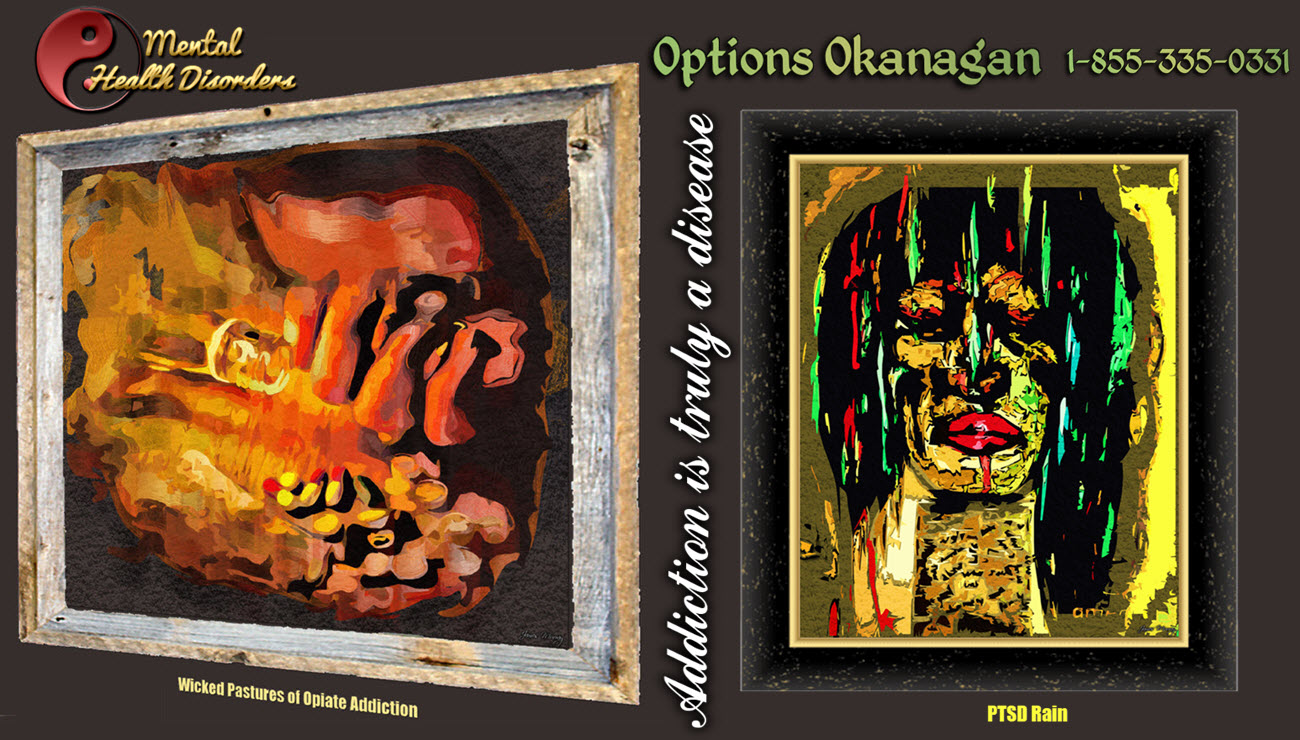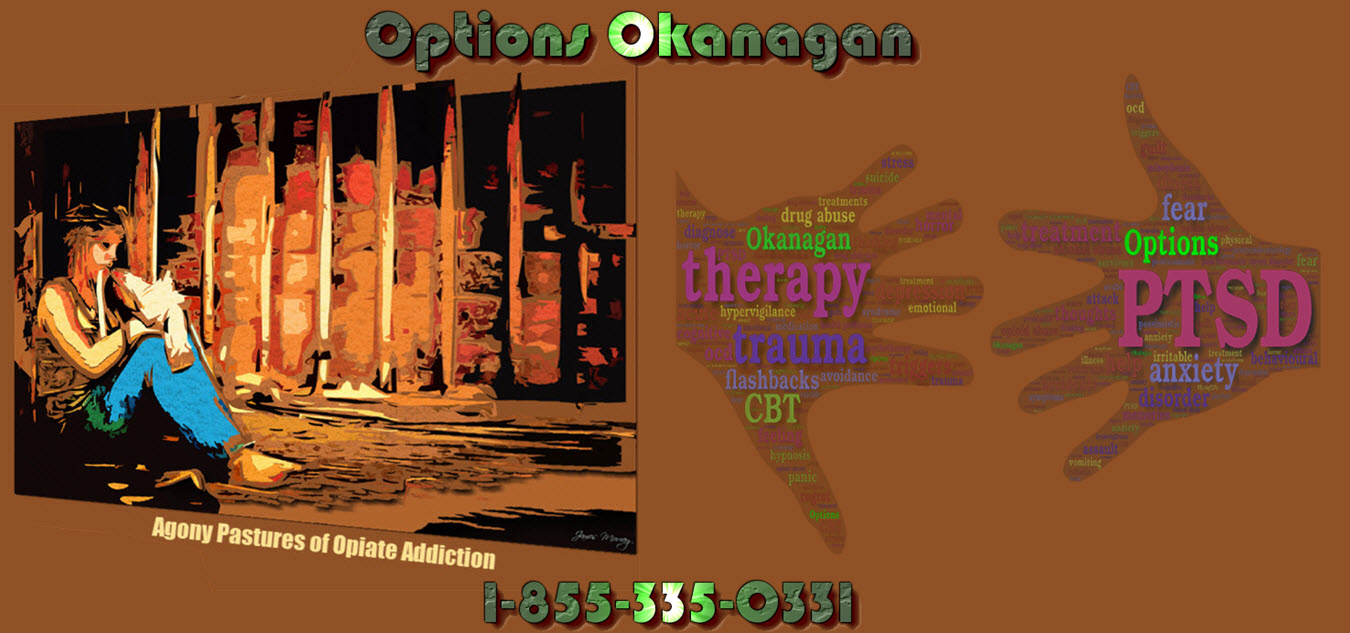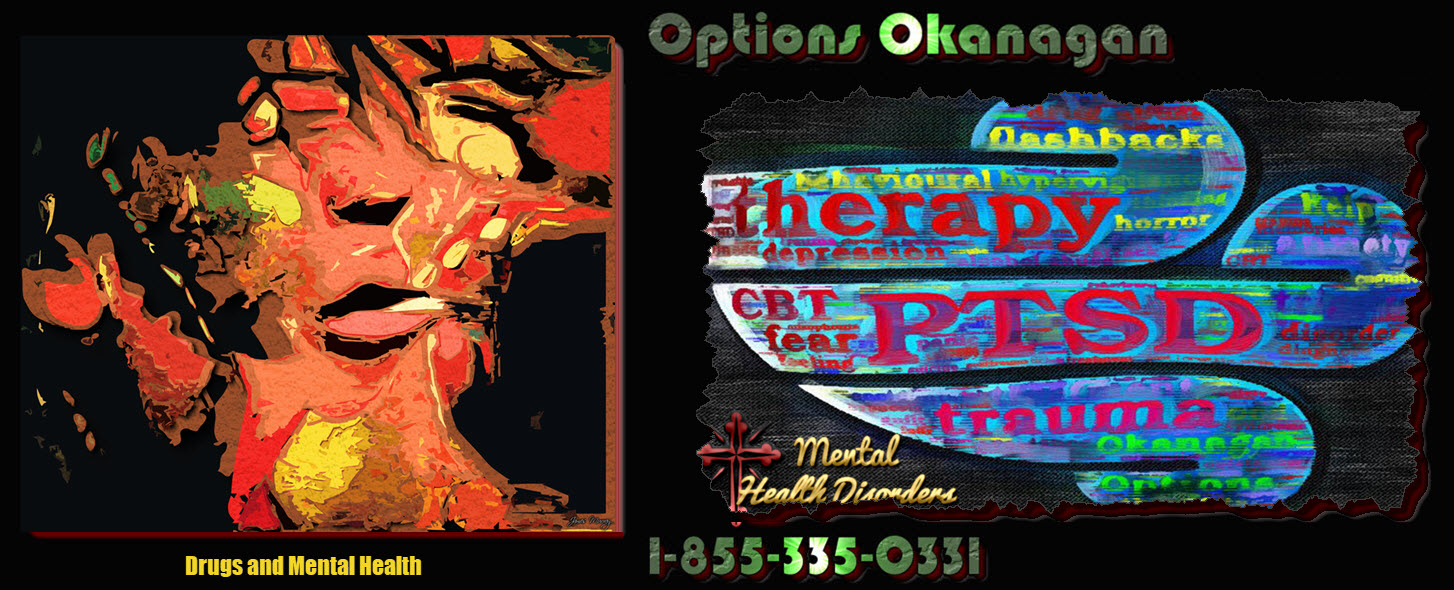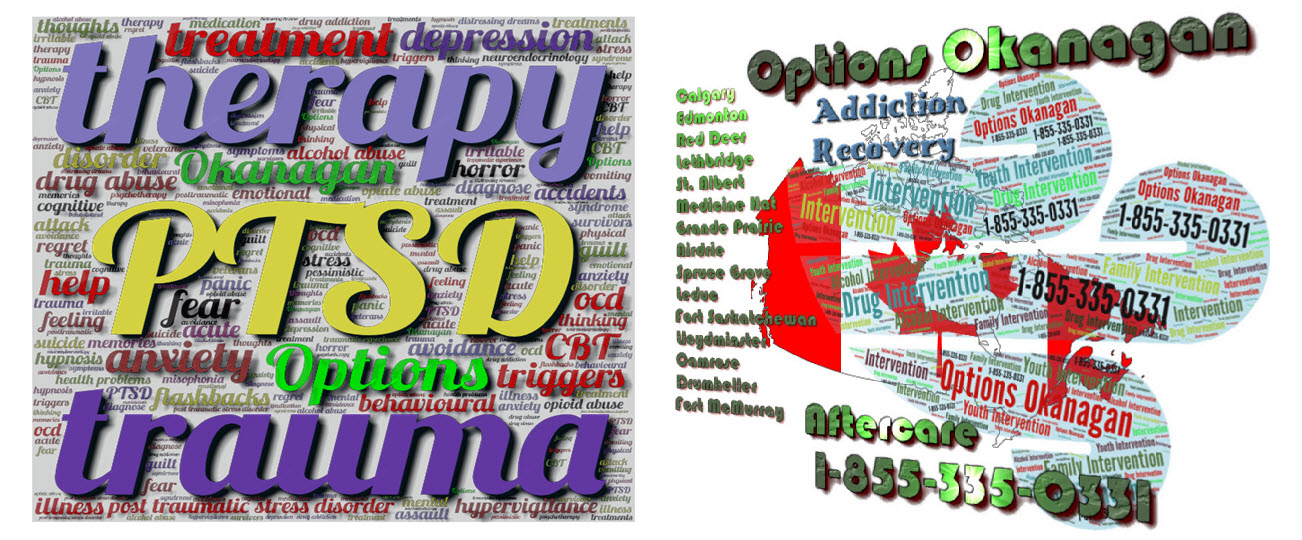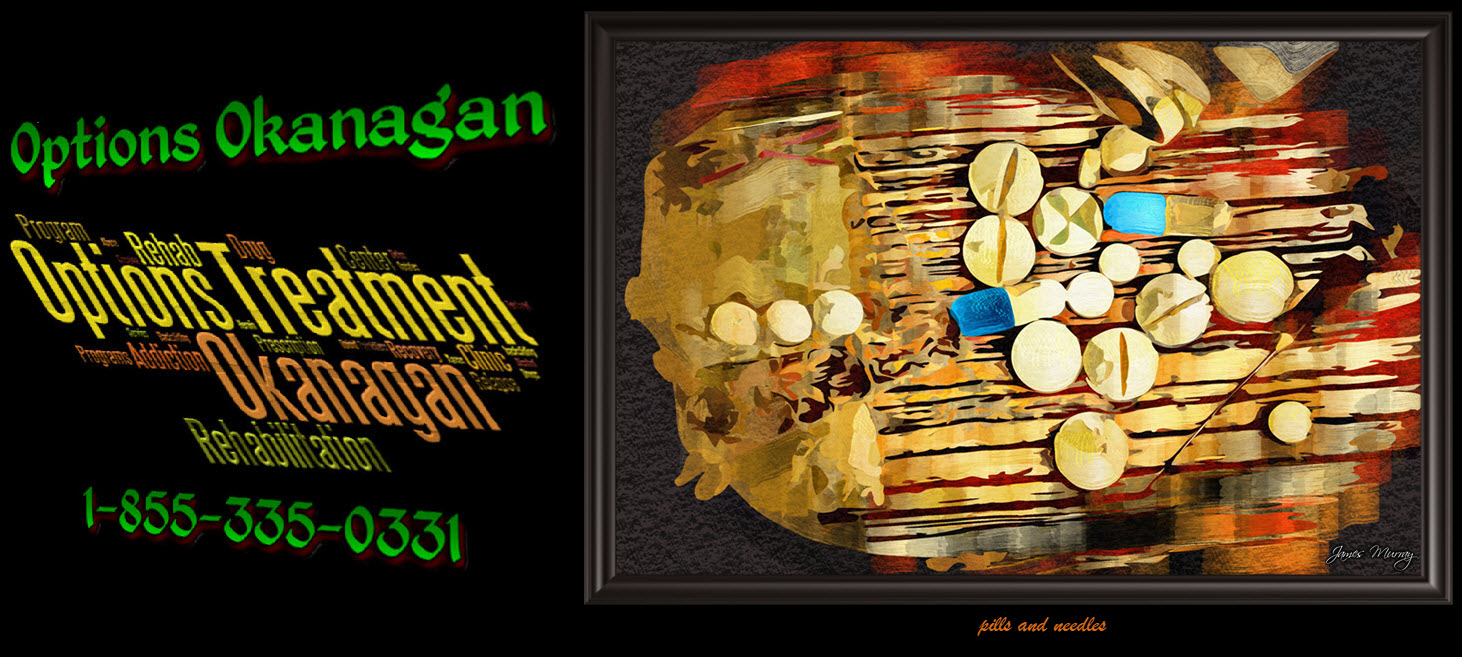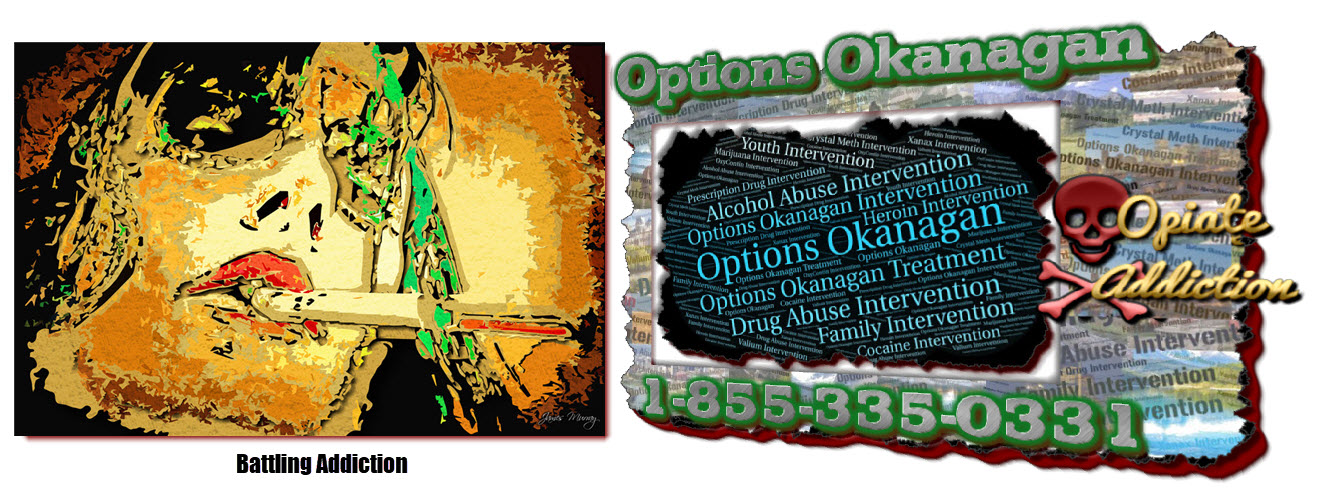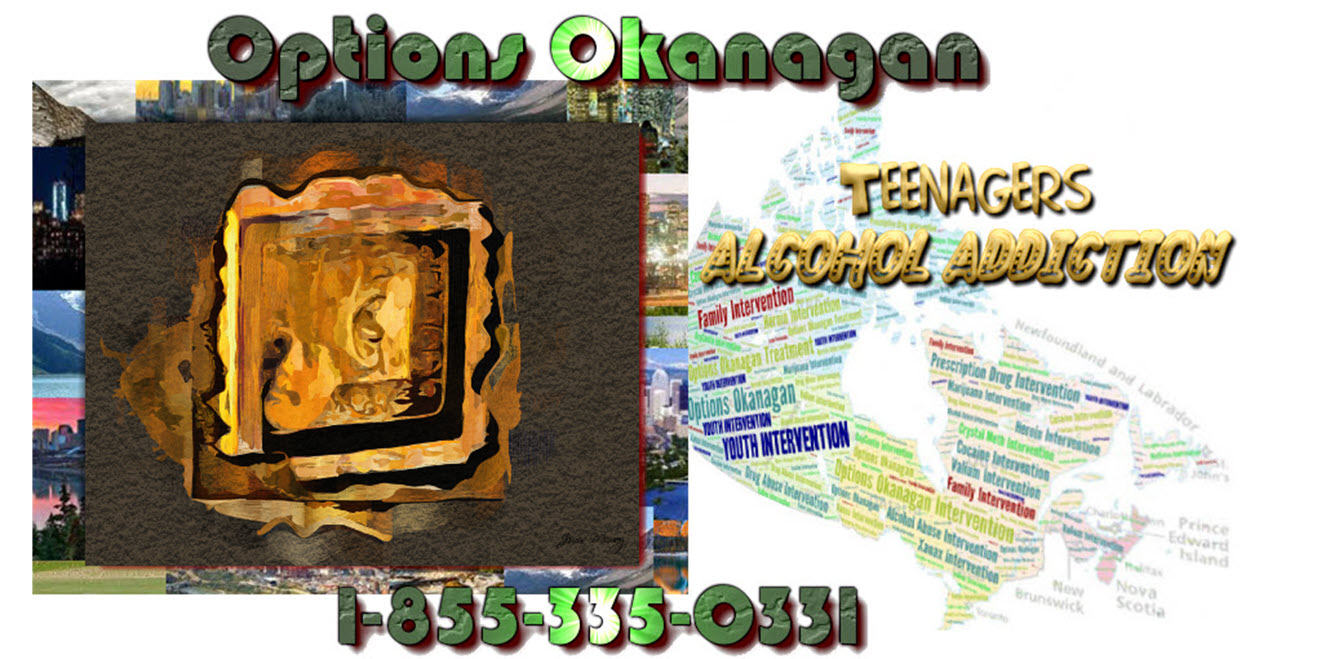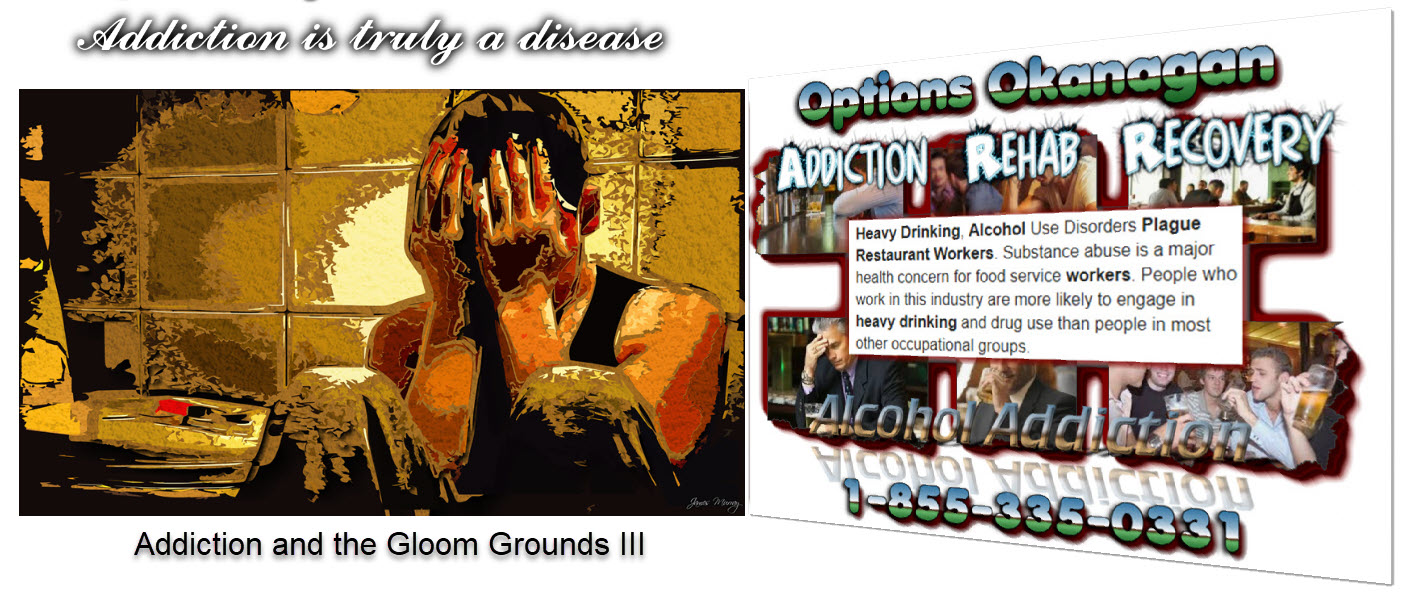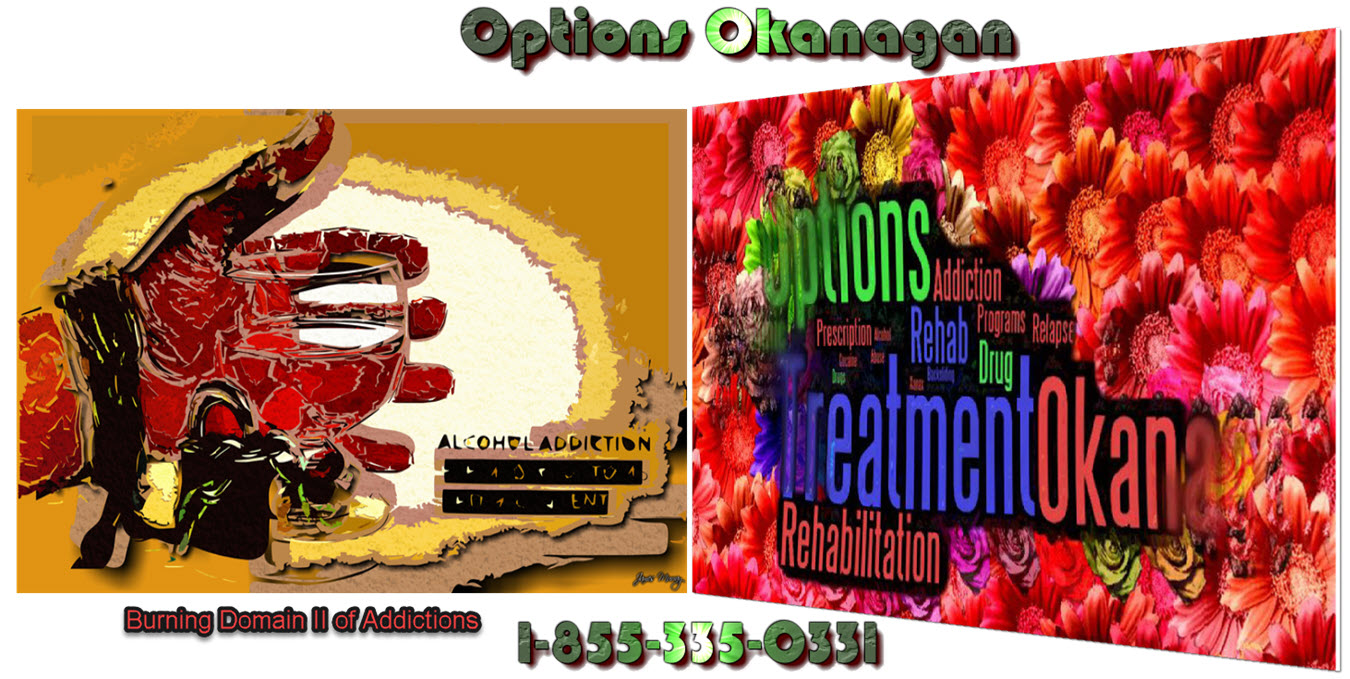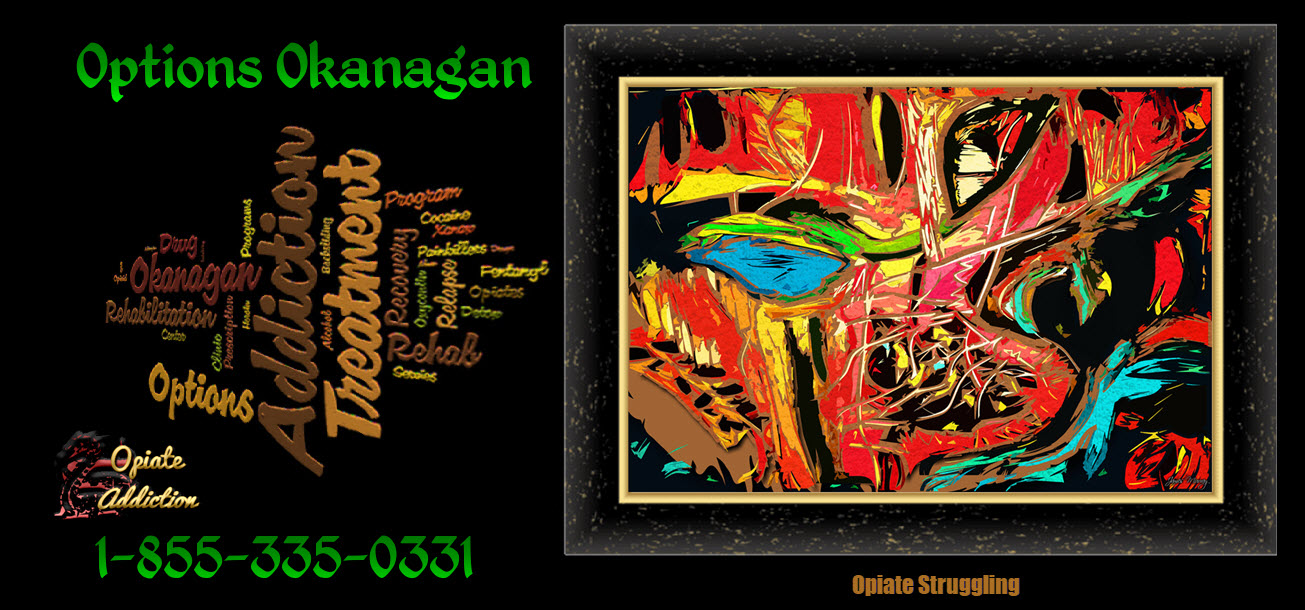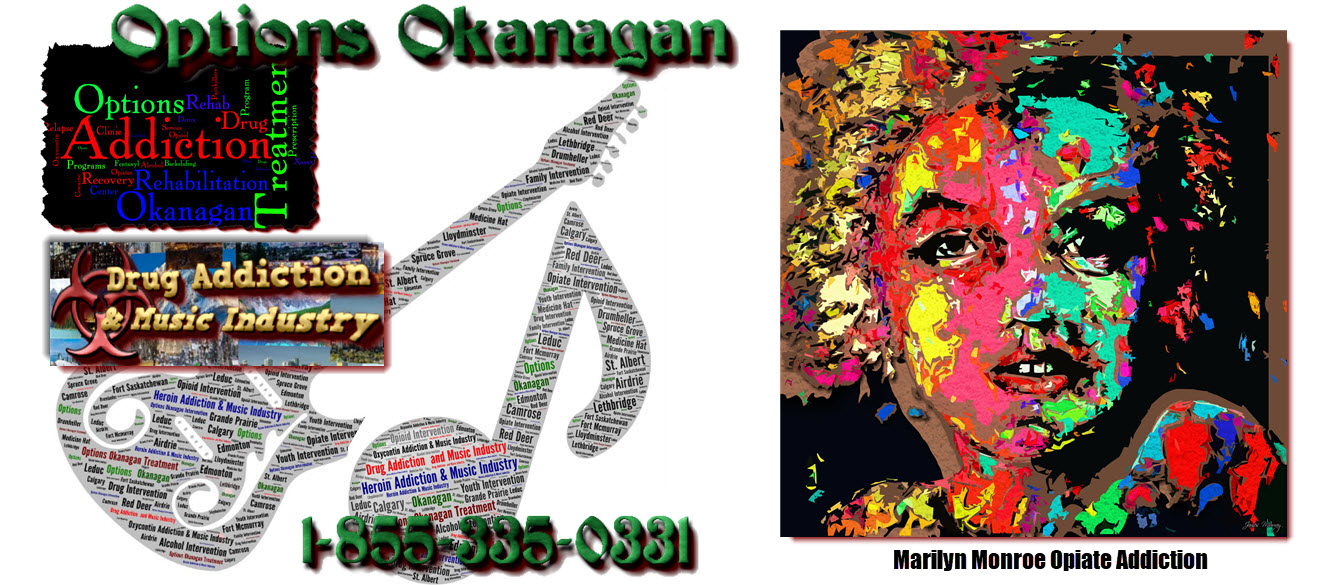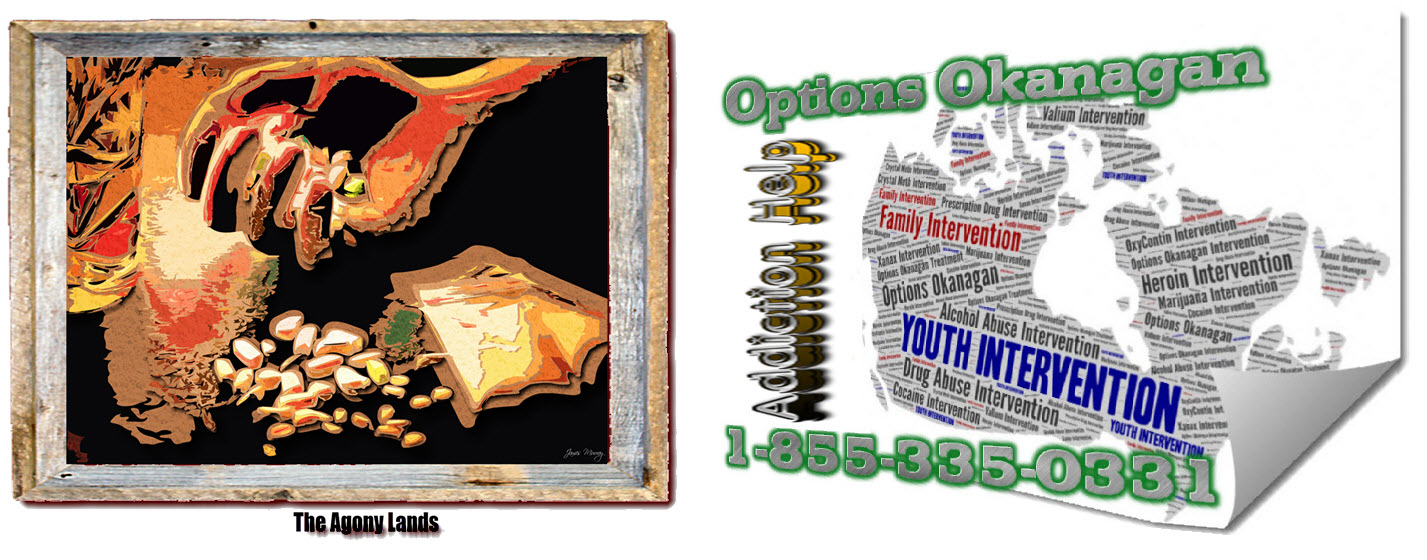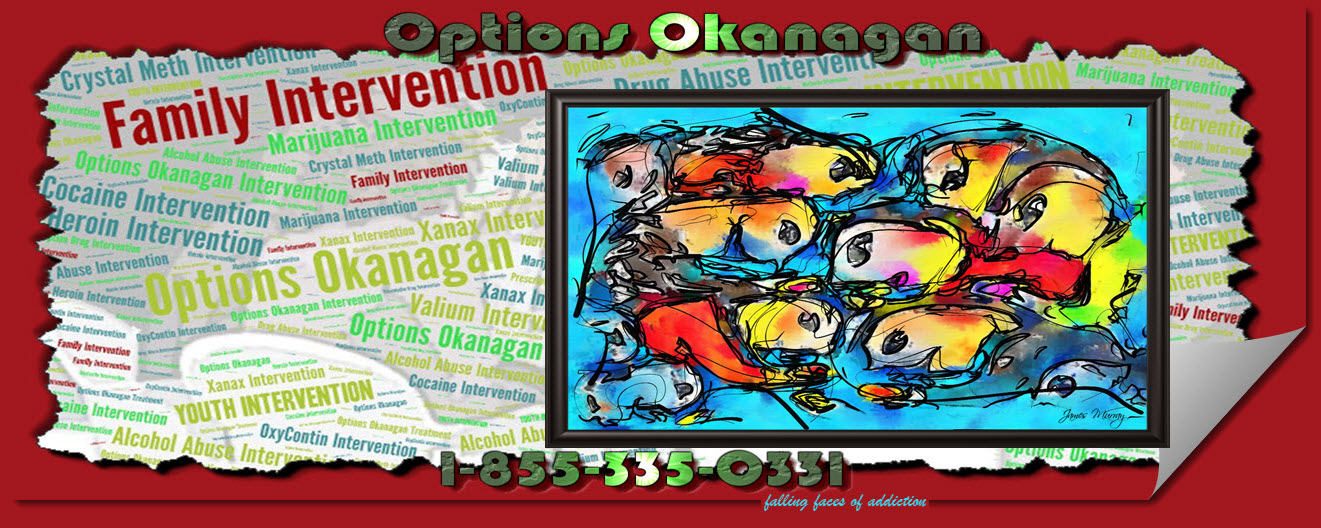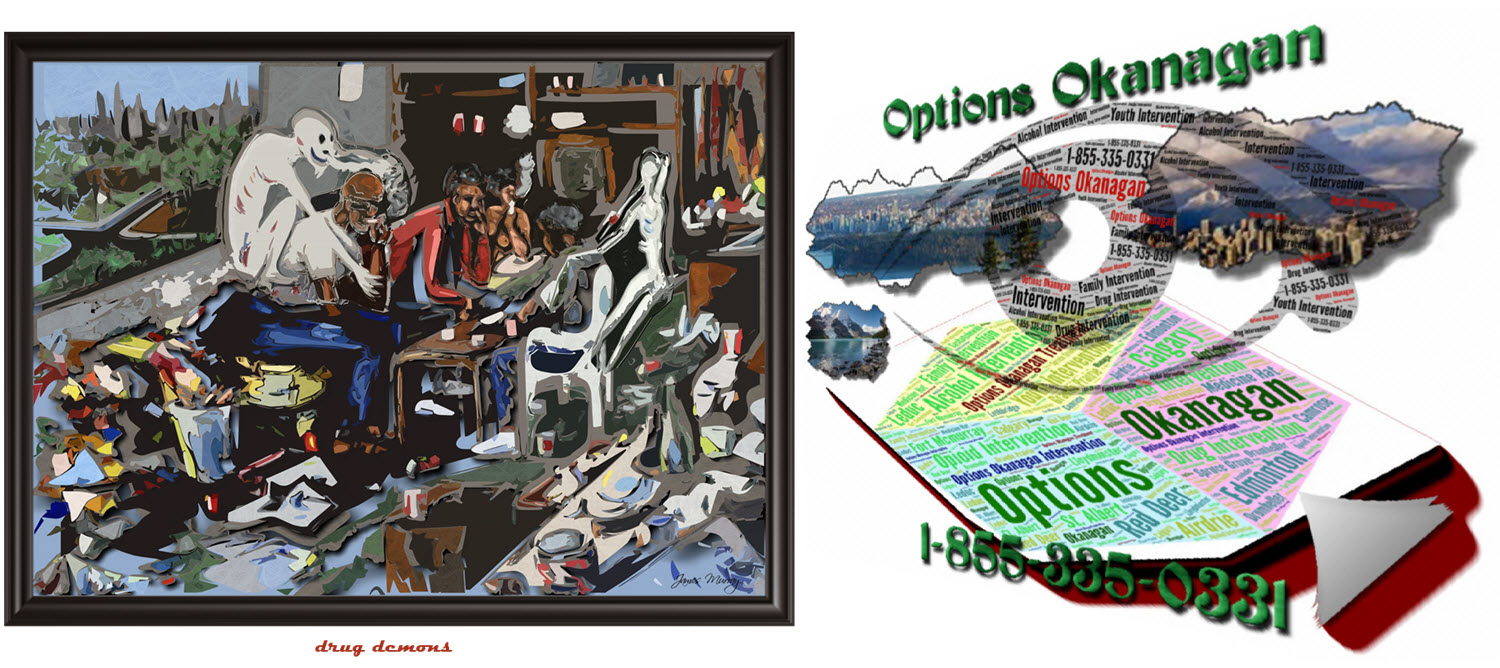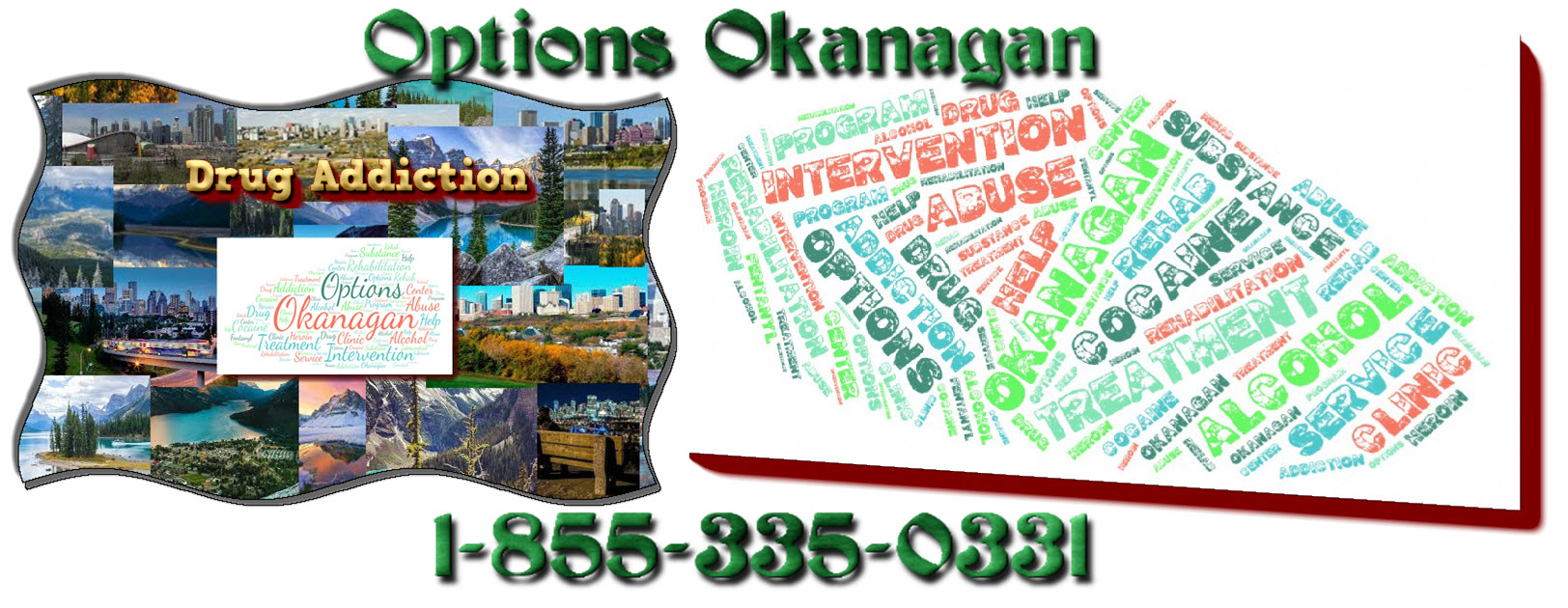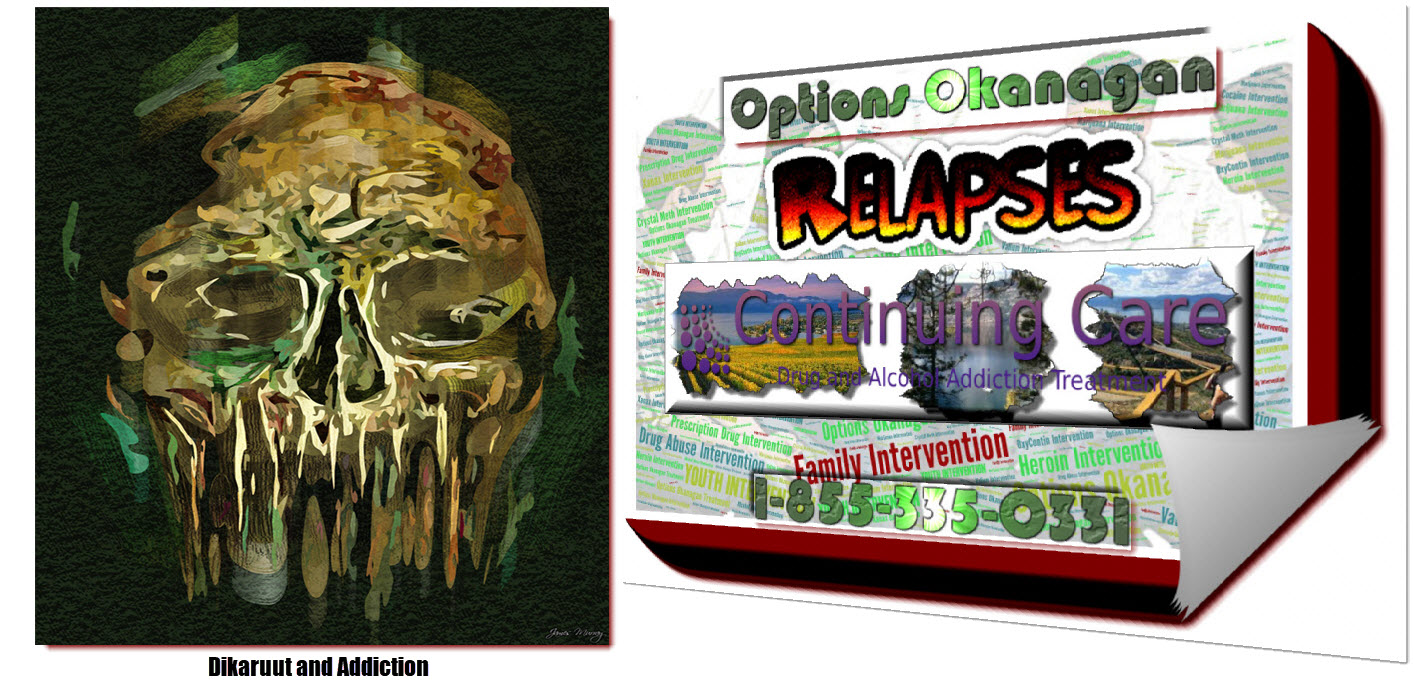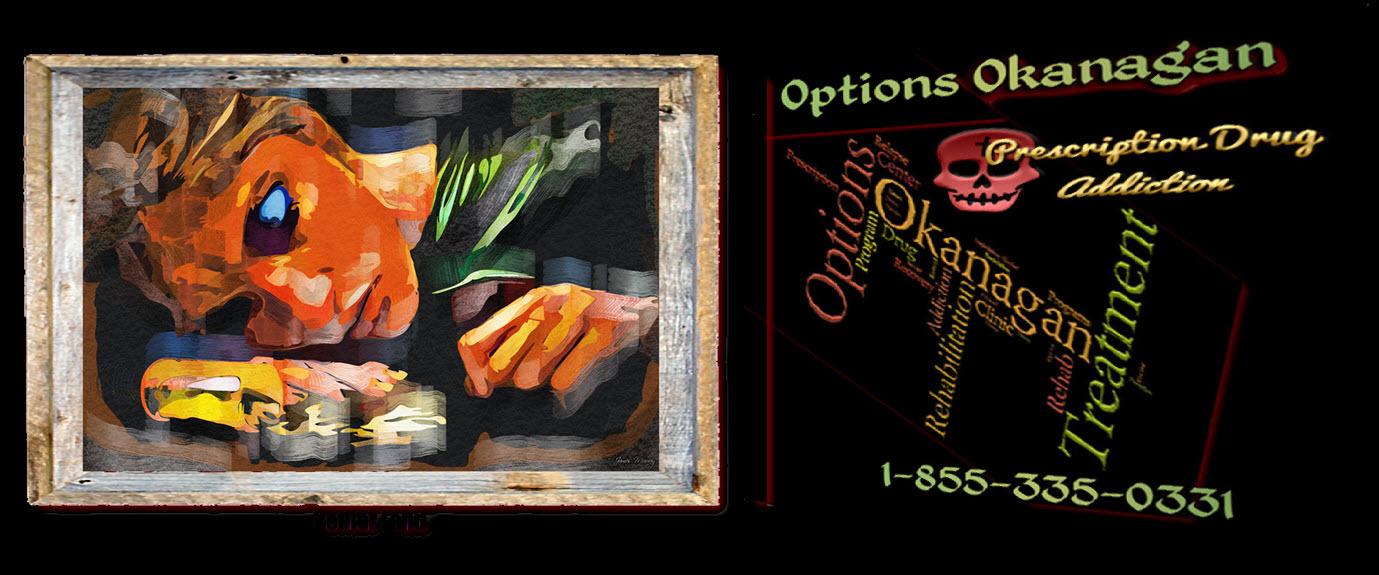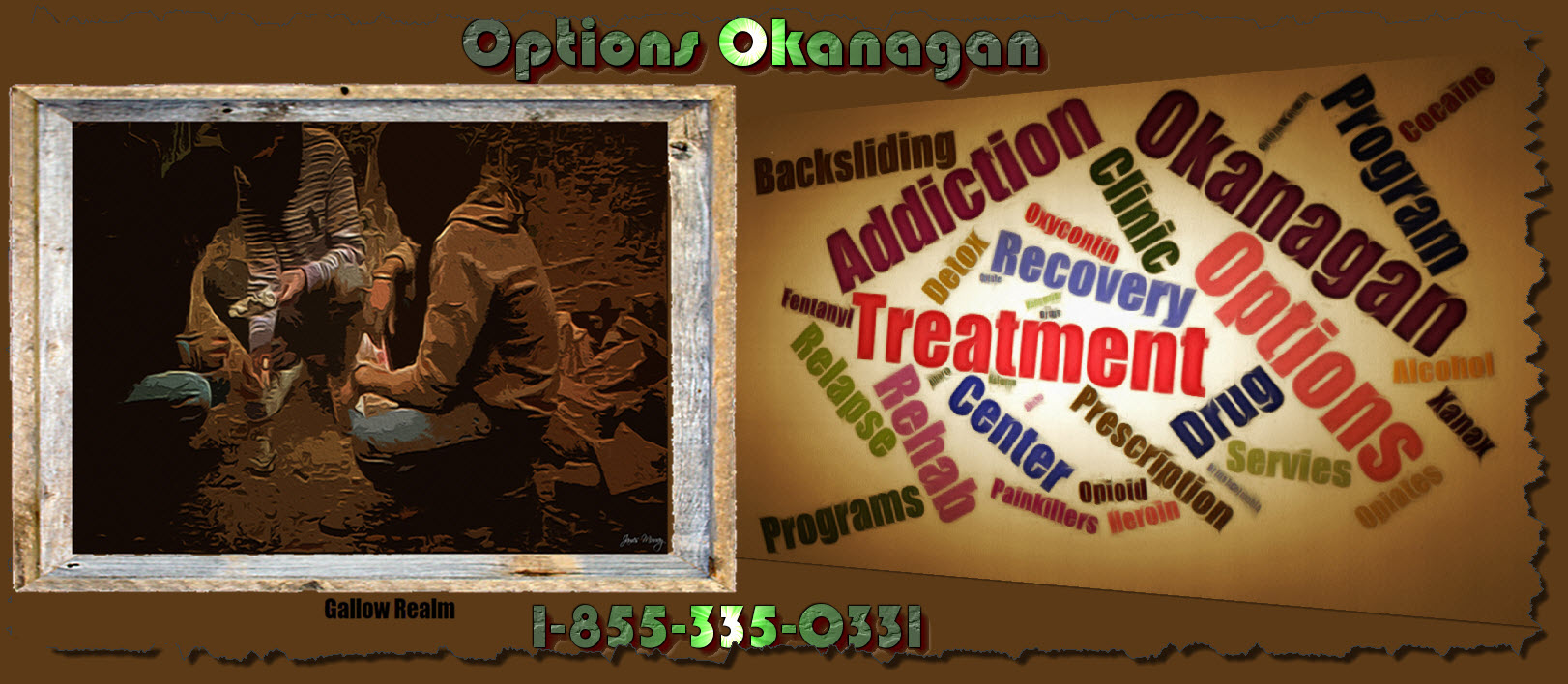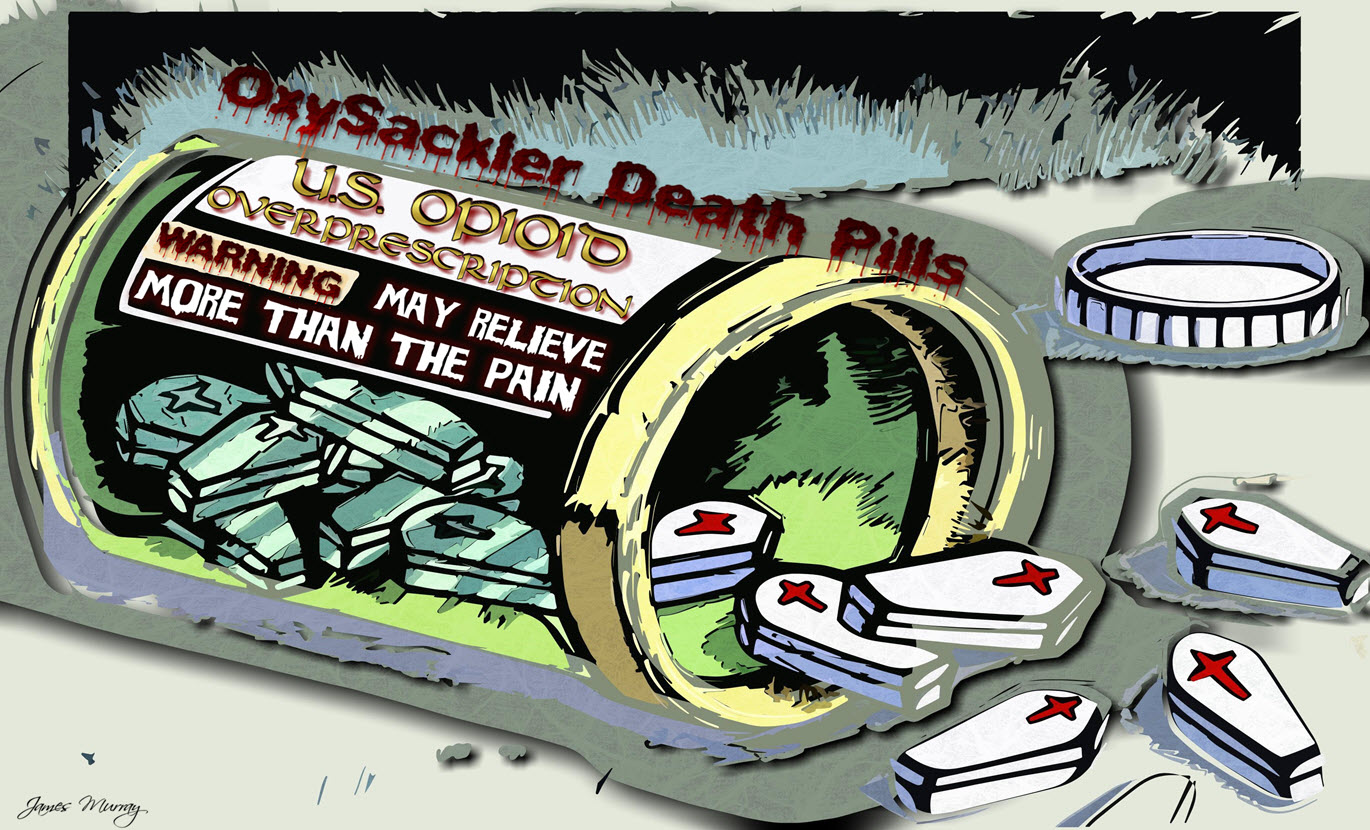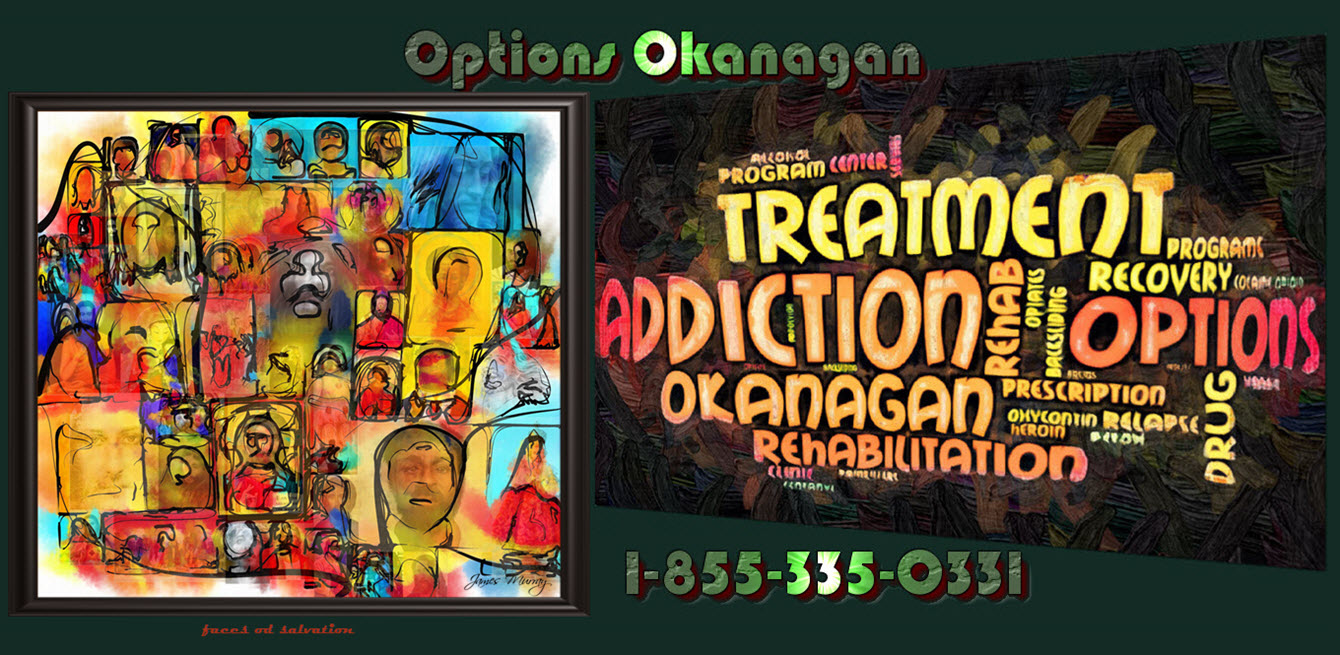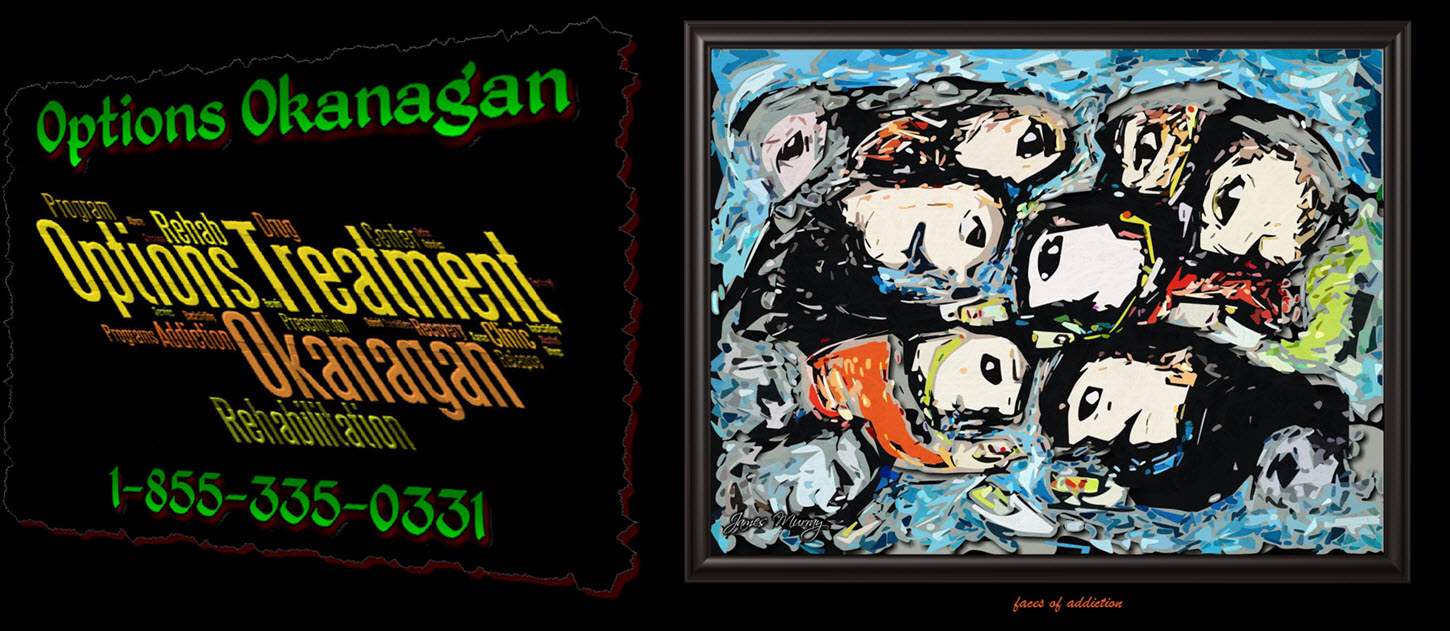Information on meth addictions – Drug Rehab Programs for recovering addicts in British Columbia and Alberta – Options Treatment Center in Kelowna, British Columbia treating drug, opiate, fentanyl, heroin and alcohol addiction and recovery.
Drug Rehab In Alberta And BC
Although opioids are wreaking havoc in Canada and the United States, they are not the only culprit behind the current drug epidemic. An analysis of 1.5 million drug tests showed that methamphetamine use, otherwise known as meth, increased 510 percent from 2014 to 2020. There are three main factors behind the increase in methamphetamine use: affordability, efficacy, and lack of treatment options.
Meth is getting affordable
While methamphetamine was historically available primarily in the Midwest and western United States and Canada, over the years methamphetamine production has shifted from small local operations in clandestine laboratories to “super laboratories” run by Mexican cartels. Through wider trade channels, the cartel has introduced methamphetamine into previously uncharted territory such as the Northeast. In the past Meth addiction problems were only found in rural communities but now Meth is thriving in big cities like Vancouver, Toronto, Philadelphia, Boston, Chicago, and New York and across racial and socioeconomic boundaries.
However, availability is not the only factor increasing drug access. The relatively cheap price of methamphetamine also makes it an attractive option for drug users who are looking for high-strength drugs at low prices. Instead of paying $65 to $160 for a gram of cocaine, people can buy a gram of methamphetamine for $15 to $50.
The low price of methamphetamine is partly because shabu is chemical-based that can be made anywhere and from materials that are relatively easy to find. Cocaine production, on the other hand, has its limitations and is a labor-intensive process. Cocaine comes from the coca plant, which requires a warm climate, plenty of space, and ample time to grow.
Meth produced now has a stronger high
Despite its popularity in the 1990s, methamphetamine has changed a lot since then, especially how strong it is. One of the causes of this change lies in the production process. The Mexican cartel now manufactures methamphetamine using a method known as the P2P process, and phenyl-2-propanone is the main ingredient. This variant gives the user a more euphoric feeling than the previous version. Another factor that increases the potency of today’s methamphetamine is its purity. While methamphetamine averaged 25 to 30 percent purity in 2012, street methamphetamine purity was 80 to 90 percent in 2021.
The increasingly popular drug mix of meth and fentanyl, also known as speedball, has also become a common choice among those aiming for better highs. By combining a stimulant such as methamphetamine with a sedative such as fentanyl, users experience longer-lasting highs with fewer side effects. For example, methamphetamine can induce feelings of arousal in users, but these feelings are minimized with fentanyl usage. While fentanyl drug addicts often combine fentanyl with methamphetamine to feel more energetic and last longer. This has contributed to the 1,200 percent increase the DEA has seen in creating this mix since 2014.
The strong high brought by mead today increases the risk of the user developing an addiction and suffering from an overdose. According to the 2014-2019 study, of the 1.9 million American adults who use methamphetamine, approximately 58% develop a methamphetamine use disorder. The increase in metabolite-related deaths was also staggering, with an average increase of 35 percent per year between 2012 and 2020.
There is no drug to treat methamphetamine addiction
Although Canada and the US face an increasing use of opioids and methamphetamine, the resources devoted to combating these threats are unequaled. There is no drug-assisted treatment (MAT) for methamphetamine, nor is there a life-saving drug like Narcan (which can reverse an opioid overdose) in the event of a methamphetamine overdose.
However, a 2021 study was done which has experts in addiction recovery hoping that a viable methamphetamine treatment option is on the horizon: using naltrexone plus bupropion. Many researchers now believe bupropion may limit the harmful neurological and emotional effects of methamphetamine withdrawal and that naltrexone may reduce the euphoric effects many people experience when exposed to methamphetamine.
While the research is promising, the constraints set by the FDA make it difficult to conduct further research. Currently, the FDA requires that addictive substances lead to abstinence, not reduction of use. Being fully aware is usually the desired recovery outcome, but not everyone can achieve it right away. Drug dependence can help reduce the severity of withdrawal symptoms, such as depression, anxiety, and desire to use, which often hinder a person’s progress. For some people, gradually reducing their consumption can effectively induce calm. Expanding the FDA’s mandate to reduce use could save more lives for those struggling with methamphetamine and other substance use disorders.
Despite the increase in methamphetamine use, one reason for optimism is that as government funding to combat addiction increases, grants once reserved for opioid abuse will now be expanded to combat meta. These resources and the success of research to limit the use of this substance are critical to counteracting the devastation that methamphetamine is wreaking in countries like Canada and the United States.
Options Okanagan Opiate and Alcohol Treatment Centers in Kelowna, Salmon Arm and Vancouver, British Columbia – Men and Women are recovering and healing from Alcohol and Drug Abuse at our treatment center here in the Okanagan right now.
Our unique and distinctive Opiate Drug and Alcohol treatment program allow men and women to come in from Calgary as well as Edmonton as we offer airport pickup.
Numerous clients come to us from Vancouver, Calgary, and Edmonton and other locations in Alberta and even other provinces for Opiate addiction treatment, heroin drug treatment, many other drug and alcohol addictions for rehabilitation because of the uniqueness of our treatment center.
Our (Kelowna ) Alcohol and Drug Treatment Program Location:
(Not Mailing Address) Contact Us – Web Page
For Mail Delivery :: Please contact each center for correct mailing addresses, also this location is the location of our residential treatment programs in Kelowna. Please call Toll Free 1-855-335-0331 to contact the treatment center you are going to for the address and directions.
Options Okanagan Drug and Opiate Treatment Center
551 Sherrydale Crescent, Kelowna, British Columbia, V1V 2E6
Toll-Free Phone Number: 1-855-335-0331

